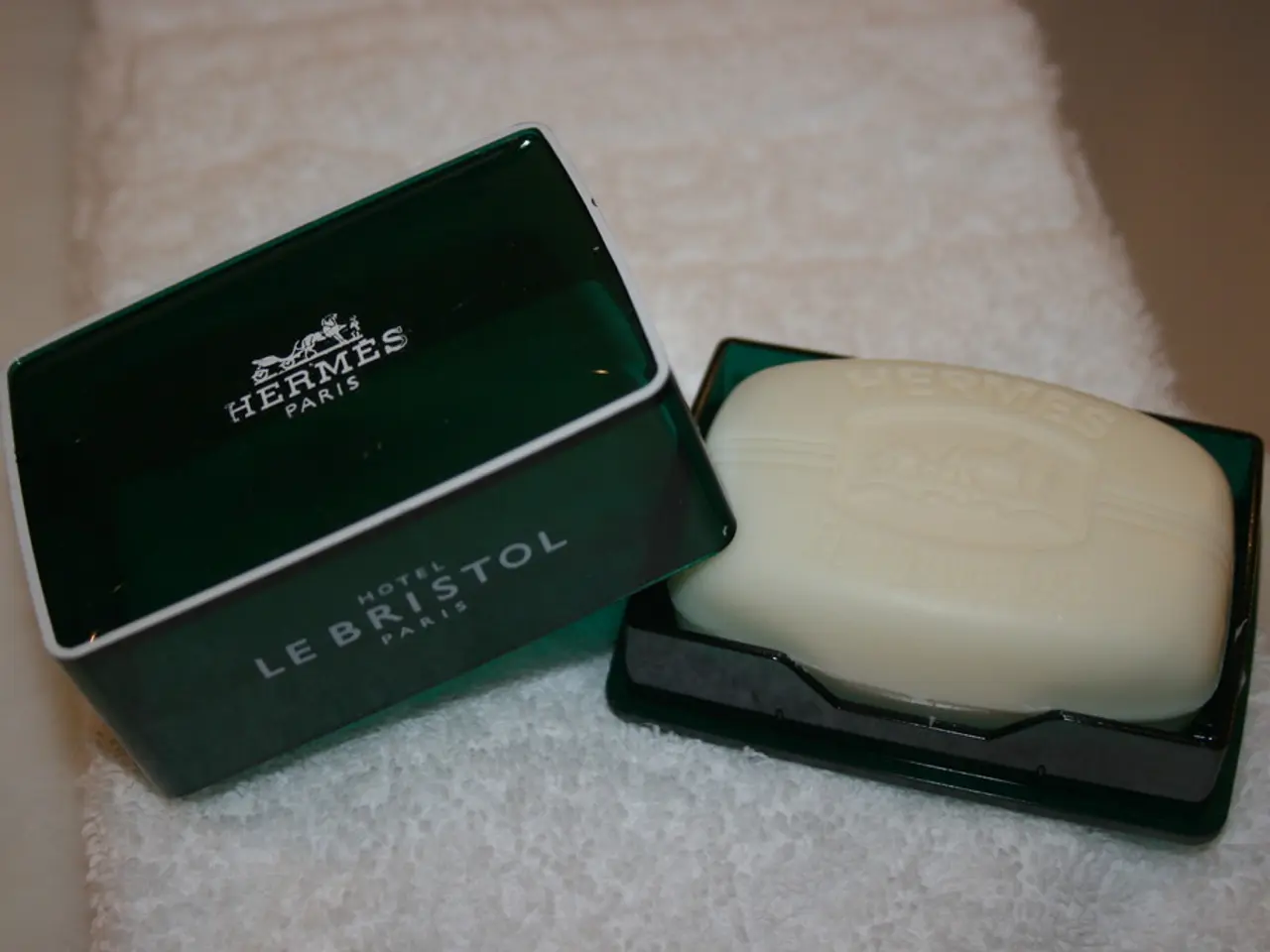Preserving Personal Cleanliness in Postmenopausal Women
**Maintaining Vaginal Hygiene: A Guide to Proper Cleaning**
In maintaining good hygiene, it's essential to understand the correct methods for cleaning the vulva, the external part of the female genitalia. Here's a comprehensive guide to help you navigate this topic.
Firstly, warm water is an effective alternative to soap for cleaning the vulva. You can use a bidet or a clean container to pour water directly onto the area. However, it's generally best to avoid using soap on the vulva to prevent disrupting its natural pH balance and causing irritation. If you decide to use soap, choose a mild, unscented, and fragrance-free one, and apply it only to the outer labia.
When cleaning, it's crucial to wipe properly. Use soft toilet paper to wipe the vulva, always from front to back, to prevent transferring bacteria from the anus to the vulva. Ensure to dry the area thoroughly, including any pubic hair, to reduce moisture that could encourage bacterial growth. Gently pat the vulva dry with a soft towel after rinsing, avoiding rubbing to prevent irritation.
Avoid using feminine washes and sprays as these products can irritate the vulva and disrupt its natural balance. Trimming pubic hair is a better option than shaving it off when maintaining vaginal hygiene. Cotton underwear is recommended for maintaining good hygiene as it is gentle, comfortable, and breathable.
It's important to remember that the vagina is a self-cleaning organ and does not require special cleaning products. However, keeping the vaginal area dry after urination helps prevent bacterial growth and reduce the risk of infection. Avoid getting water or soap inside the vagina.
Lastly, it's essential to understand that the vulva, not the vagina, should be washed when maintaining proper vaginal hygiene. By following these recommendations, you can help maintain the health and comfort of your vaginal area.
[1] Mayo Clinic. (2020). Vulvovaginal hygiene: Tips for keeping the vulva and vagina clean and healthy. Retrieved from https://www.mayoclinic.org/healthy-lifestyle/womens-health/in-depth/vulvovaginal-hygiene/art-20045477
[2] American College of Obstetricians and Gynecologists. (2020). Vulvovaginal health. Retrieved from https://www.acog.org/womens-health/faqs/vulvovaginal-health
[3] Planned Parenthood. (2020). Vaginal care. Retrieved from https://www.plannedparenthood.org/learn/teens/sex/vaginas-and-vaginal-health/vaginal-care
- To maintain good health and wellness, it's advised to adopt a preventative approach in caring for the vaginal area by using mild soaps rather than harsh feminine hygiene products to avoid disrupting the vagina's natural pH balance.
- In addition to hygiene, fitness-and-exercise, skin-care, and overall health-and-wellness practices also play a crucial role in women's health, such as understanding the implications of menopause.
- Science continues to uncover the importance of proper vulva and vaginal care in women's health, emphasizing the need for correct practices to minimize discomfort and maintain wellbeing throughout different stages of life.
- By following recommendations on proper cleaning and hygiene, individuals can contribute to the prevention of various health issues and maintain a sense of wellness in the vital area of women's health.




